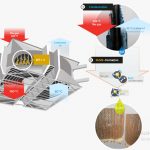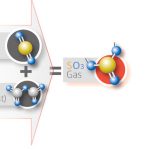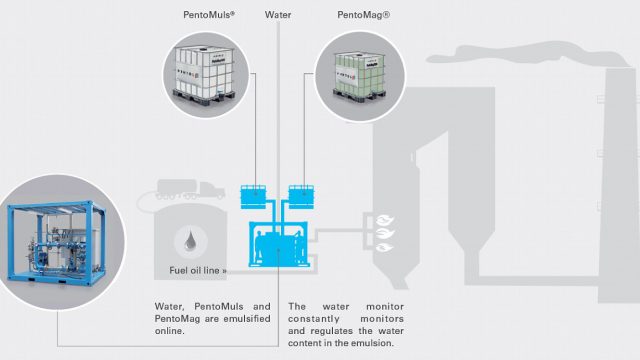INTRODUCTION:
Fuel oil Treatment is the process of pre-treating fuel used whether HFO, coal and diesel powered power plants resulting in lower consumption of Fuel, lower maintenance cost and optimized process.
The idea behind was and is to reduce emission from power stations and preserve the environment. Subsequently, fuel oil treatment is started and have developed and produced additives and the corresponding dosing equipment according to the needs of the power stations.
NEED OF FUEL OIL TREATMENT:
Due to increased usage of low quality heavy fuel oil and coal with high Sulphur, asphaltene and vanadium content, power stations all over the world face both environmental and technical problems.
The incomplete combustion of the fuel oil as well as the Vanadium and Sulphur content cause deposits and corrosions in all parts of the boiler and excessive emissions of solids (particulates) and Sulphur trioxide SO3.
PURPOSE OF FUEL OIL TREATMENT:
Fuel oil treatment is one of the most important method used by HFO, coal and diesel fired power plants. The main purpose of fuel oil treatment is the lower consumption of fuel its self which can be achieved by lowering the maintenance cause, increasing heat transfer at high temperature sections and reducing fouling at low temperature sections.
It also helps in the reduction of maintenance work and increment in the boiler efficiency by less soot blowing and reducing final flue gas temperatures leaving the stack therefore resulting in an optimized boiler process and hence If taken the increased efficiency and the extended boiler availability into consideration, you will state that the fuel oil treatment pays for itself.
Following are some factors which are minimized by using Fuel Oil Treatment:
REDUCE CORROSION
Prevent conversion of SO2 produced by combustion of Sulphur into SO3. Such Elimination means elimination of sulphuric acid from the cold parts of heating plants. In this way appreciable lowering of dew point is achieved allowing greater utilization of heat since the fumes can leave the air heater at lower temperatures without causing LT corrosion and leading to clean boiler surfaces
REDUCE FOULING
Prevents formation of scales in HT and combustion chambers through the formation of compounds with higher melting point which can be removed through the stack in dust form hence reduction in fouling increases heat transfer in super heater and air heater sections and reduces down-time for cleaning.
REDUCE EMISSIONS
SO3 emission and the visible white chimney plume are reduced.
REDUCE MAINTENANCE WORK
Cleaning intervals for air heater and super heater are reduced. Hence resulting in less soot blowing
INCREASE PLANT AVAILABILITY
Reduced corrosion and deposits mean extended lifetime of high and low temperature sections, allows longer cleaning intervals and less unexpected down-time.
INCREASE BOILER EFFICIENCY
Improved heat transfer, lower O2 and atomizing steam consumption and particularly the possibility to reduce final gas temperature to a minimum value, resulting in a substantial increase in boiler efficiency.
REDUCE UNBURNED CARBON
Combustion catalyst present in fuel oil fluidize HFO, facilitating the flow along the pipes to the burner and eliminating filter blockages also it allows better atomization in the burner, reducing unburned substances and the size of soot particles to their lowest value
INCREASE IN PROCESS OPTIMIZATION AND LOWER FUEL CONSUMPTION
By Fuel Oil Treatment the overall as a whole the process can be optimized as it ensures that the burner nozzles remain clean to which not only maintenance work can be reduced but the whole thermal efficiency can be increased resulting in lower Heavy fuel oil consumption by more than 1 Percent.






